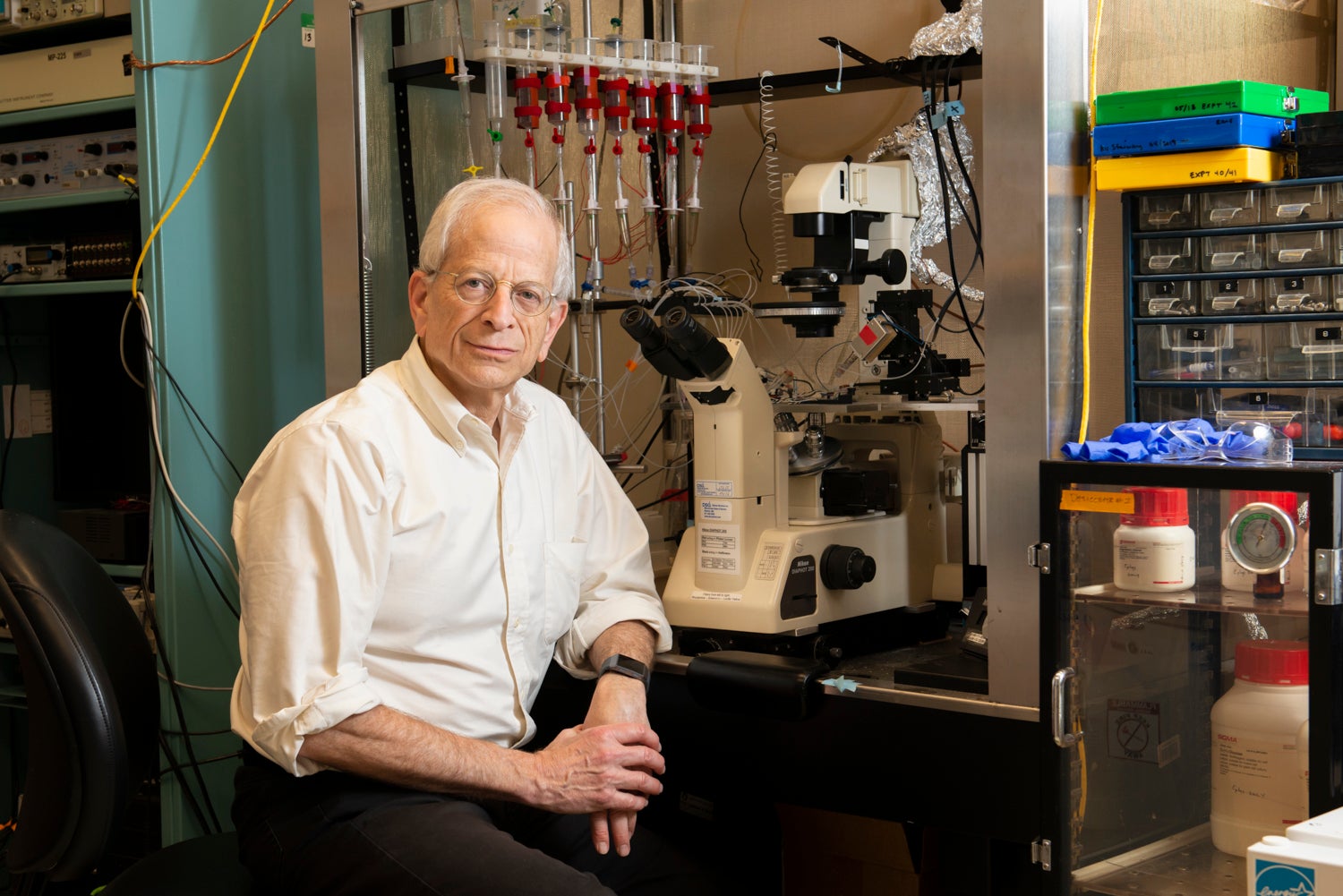Senior Associate in Neurology, Kirby Center, Boston Children's Hospital

We seek to understand the cellular and molecular mechanisms underlying brain injury in order to provide a rational basis for preventing and treating important neurological disorders and diseases. Synaptic connections are the basis for neurons to communicate with one another, and the major types of synapses are excitatory, which use glutamate as the transmitter, and inhibitory, which use GABA or glycine as the transmitter. All synapses need a mechanism to remove transmitter after release, and in the case of glutamate, that mechanism is glutamate transport. Glutamate transporters regulate glutamate levels outside of cells, and problems with glutamate transporters appear to be involved in many neurological diseases and disorders, including stroke, pain, schizophrenia, drug addiction, depression. We are investigating how expression and function of the brain’s major glutamate transporter, GLT-1, is regulated at normal synapses and how GLT-1 function is compromised in acute and chronic neurodegenerative diseases and addiction. In addition, we are working to characterize pathways that are involved in death of neurons and oligodendrocytes in the central nervous system, and that may impair the ability of the brain to repair itself after injury. These studies are specifically relevant to brain injury in premature infants, axon regeneration and chronic neurodegenerative diseases, such as Huntington’s disease.
